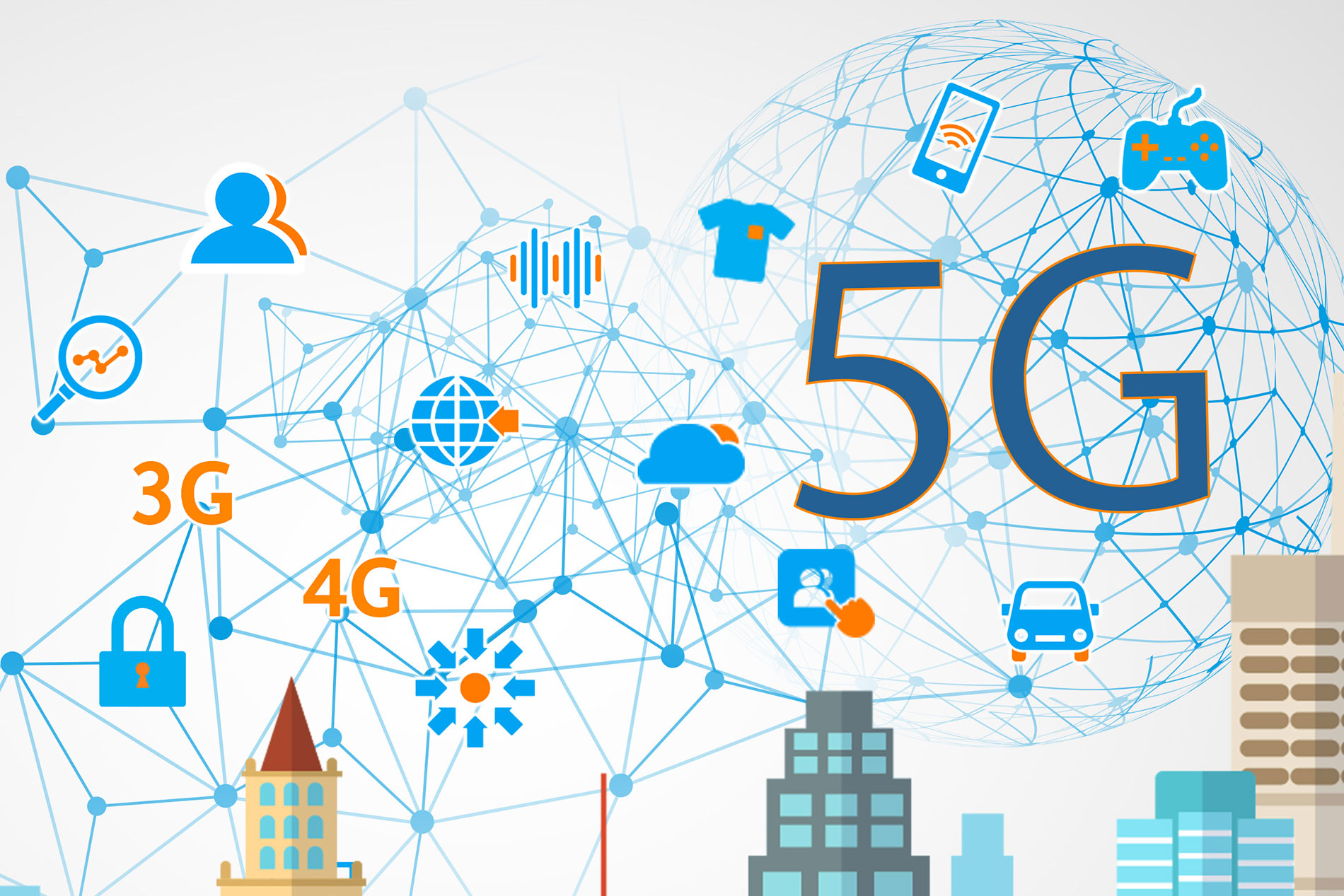Auction results for future 5G mobile services

The largest mobile operators in the UK have exceeded expectations by paying nearly £1.4bn in the scramble to obtain spectrum so that they can offer highly anticipated next-generation 5G services.
BT-owned EE, O2, Three and Vodafone paid almost twice as much as many analysts had predicted as the mobile operators make plans to hasten an Internet-connected world of delivery drones, smart home appliances, driverless vehicles and superfast mobile video.
5G will offer consumers who use mobile devices faster download speeds and supply the bandwidth needed to connect driverless vehicles and the large number of Internet of Things (IoT) sensors and devices that should be widely available in several years. Telecommunications companies will begin to make 5G service available in the next couple of years, so one of their crucial first steps is to have the spectrum in place. The UK Government recently said that it wanted to create a “5G city” for testing the forthcoming availability of 5G phone networks.
Ofcom’s auction was for spectrum in two frequency bands: 2.3GHz, which is the frequency band currently allocated for existing 4G networks, and 3.4GHz, one of the frequency bands dedicated to the forthcoming 5G networks.
Five companies took part in the auction, which accepted bids for 34 slices of spectrum across the two bands. Airspan Spectrum Holdings did not submit a successful bid in either band.
Ofcom announced that EE gave a successful bid of £302,592,000 for 40MHz of the 3.4GHz spectrum, while Hutchison 3G UK (which owns Three) successfully bid £151,296,000 for 20MHz of the 3.4GHz spectrum.
Telefonica UK (which owns O2) successfully bid £205,896,000 for the entire 40MHz of 2.3GHz spectrum available and £317,720,000 for 40MHz of the 3.4GHz spectrum. Vodafone successfully bid £378,240,000 for 50MHz of the 3.4GHz spectrum.
Ofcom said that the winning bids totalled £1,355,744,000 and that all funds raised by the auction will go directly to HM Treasury.
Vodafone announced that it will use its awarded 3.4GHz spectrum to launch 5G services, thereby “enabling Gigabit speeds and lower latency to enhance applications including connected vehicles and robotics, industrial automated systems and virtual and augmented reality.”
In the last stage of the auction, the companies that offered successful bids at the principal stage will submit bids to finalise the location of their new spectrum in the frequency bands.
Philip Marnick, Ofcom’s Spectrum Group Director, said: “Releasing these airwaves will make it quicker and easier to get online on the move. It will also allow companies to prepare for 5G mobile, paving the way for a range of smart, connected devices.”
While the £1.4bn that the Treasury will collect might seem to be a very good deal for auctioning an invisible asset, the amount is quite small compared to the £22.47bn that the 3G auction raised in 2000, when freely spending telecommunications companies, including BT, One2One, Orange, TIW and Vodafone AirTouch, provided a huge financial windfall for the Treasury. However, the winning bidders had to make multibillion-pound write-downs when revenues and profits were not enough to justify the prices that they paid.
